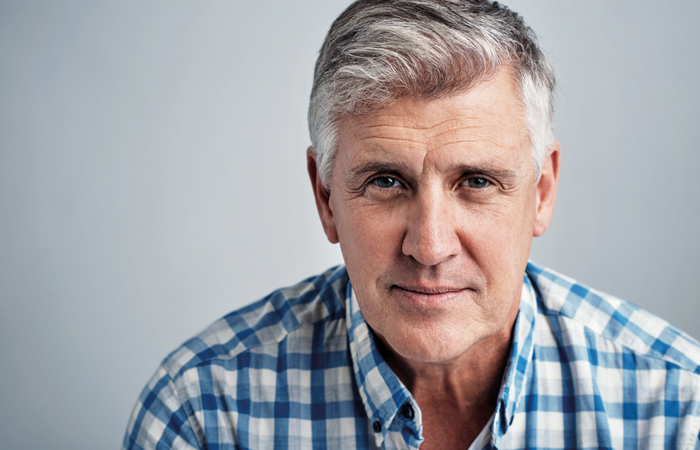Myocardial infarction
In Clinical
Follow this topic
Bookmark
Record learning outcomes
Scenario
Technician Vicky notices that Kelvin and Maggie Kennedy are darting glances in her direction and whispering so she asks if they need some help. Maggie nods and then jerks her head in the direction of the consultation room so Vicky leads the way, inviting them to take a seat and closing the door.
“Thanks Vicky,” says Maggie. “I – we – want to ask something, but it’s a bit delicate.”
“That’s absolutely fine,” replies Vicky. “There’s little that we haven’t seen, and you know that if I can’t help you, I’ll do my utmost to find out the answer or point you in the direction of someone who knows more than I do.”
“Thanks Vicky,” says Maggie. She looks at her husband, who is studying the fl oor, and clears her throat. Kelvin looks up reluctantly, and sighs.
“You know I had that heart attack?” he starts.
“Yes, but you’re back to normal now, aren’t you?” asks Vicky.
“Yes, well, except in one department. You know, the bedroom,” says Kelvin quietly. “We want to get things going again, but Maggie’s worried that it will cause too much strain. Please don’t tell me to ask the GP. They have a constant stream of trainees, and I’m sure they all know their stuff, but they’re all so damn young and all seem to be female, so I can’t go in with something like this.”

Answer
Anxiety about having sex after a myocardial infarction (MI) – or diagnosis of any heart condition such as angina – is very common, but according to guidance issued by NICE, the risk of having a subsequent MI after someone has recovered from such an event is no greater than if they hadn’t had one at all. This assumes that the recovery has been uncomplicated, but if four weeks or so have elapsed, Kelvin and Maggie may resume sexual relations if they wish.
The British Heart Foundation (BHF) recommends avoiding too much alcohol or heavy food before having sex for the fi rst time after a cardiac event or diagnosis, and only doing what feels comfortable. A relaxing environment – such as making sure the room isn’t too hot or cold – can also help, it says.
Seeking medical advice is advisable, however, if Kelvin is experiencing impotence or lowered libido (sex drive). If this is the case, Vicky should reassure him that it is common and usually temporary, perhaps stemming from concerns about the heart attack he has had, any medicines he is taking as a result, or a concurrent condition such as diabetes.
The bigger picture
Getting back to normal after a cardiac event such as an MI can feel daunting; the medical side of things is likely to be well in hand, as indeed will returning to work and adopting a healthy lifestyle, but issues such as sex, driving and travelling are all too often overlooked.
Fortunately there is a wealth of information available online. NICE is a good starting point for healthcare professionals, whereas patients may find NHS Choices and organisations such as the BHF more accessible. For more specialised information, authoritative sources are best, such as the Driver and Vehicle Licensing Agency (DVLA) to find out whether driving is allowed after the diagnosis of a health problem. And for travel advice, the Foreign and Commonwealth Offi ce (FCO) provides the latest advice on entry requirements and safety issues, while the National Travel Health Network and Centre (NaTHNaC) is best for information on health risks.
Extend your learning
- Would someone who had had an MI be able to take sildenafil or another phosphodiesterase type 5 (PDE5) inhibitor? Find out from NICE
- Kelvin’s reluctance to visit the GP on this issue isn’t unusual, so where else could he turn? One answer is available via the British Heart Foundation
- Find out the DVLA’s view on driving after a heart attack
- Look at the FCO and NaTHNaC.
